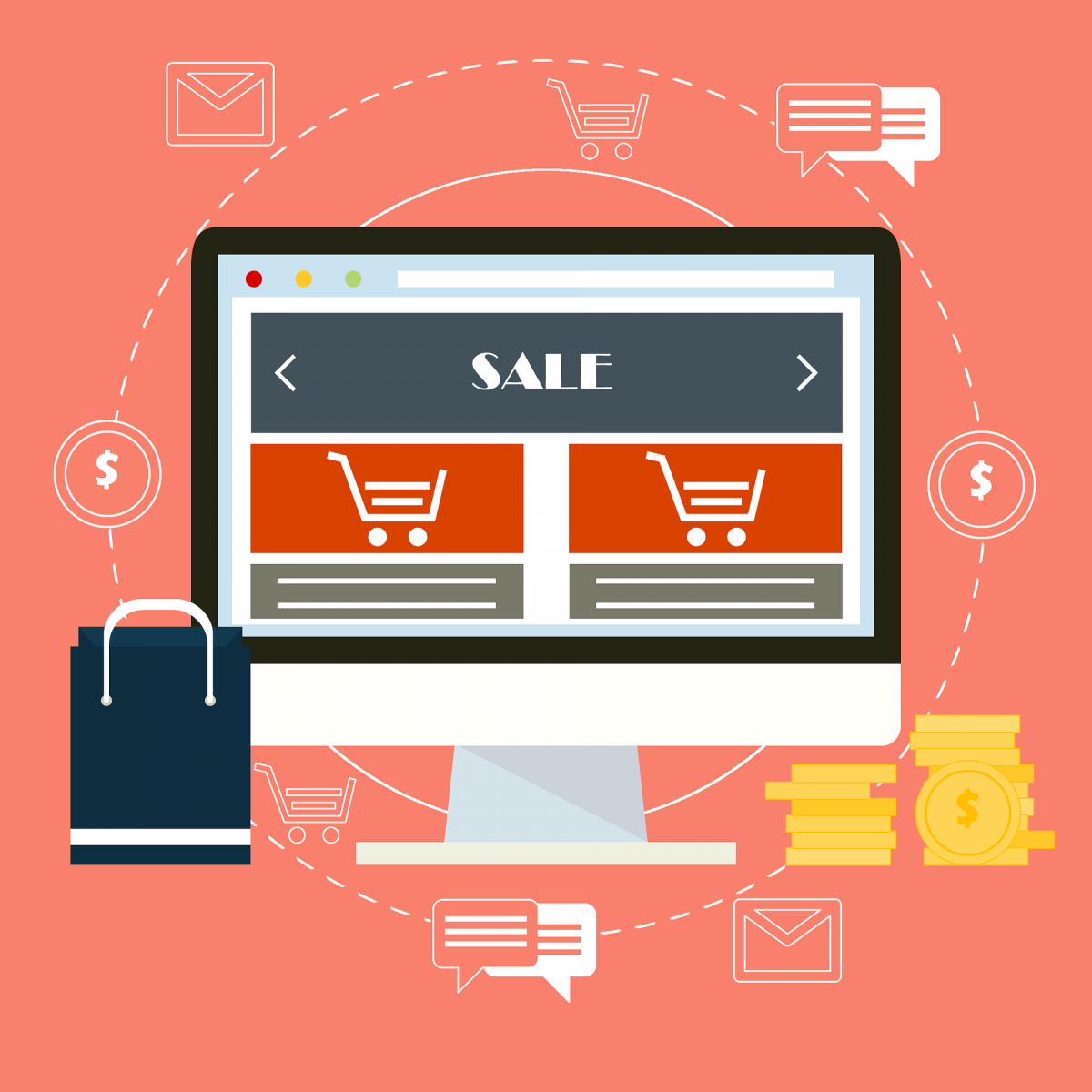Whether you’re selling a product, subscription, or other services, incorporating a hosted payment page isn’t as easy as you think. You’ll need to establish a framework for accepting and processing payments, creating order confirmations and invoices, and transmitting the data for the purpose of fulfillment. Through the use of a Payment Page, you can be sure to have lots of advantages.
1. It’s easy to set up
Hosted payment pages are ideal for SMEs who are on the lookout for the quickest way to start accepting payments. Setting up a payment page takes little to no technical know-how and can be as easy as copy-pasting a line of code onto your website.
2. It provides enhanced security
When self-hosting payment solutions, the responsibility of managing, transmitting, and protecting sensitive data lies entirely on you. With a hosted payment solution, you can outsource data protection and keep your business less at risk of fraud.
3. Checkout processes are simple
If a customer has previously abandoned their cart due to an overly complex payment system, hosted payment forms making checking out much more effortless. Navigation is intuitive, mobile-friendly, and supports a variety of payment tools and options.
Choosing a Hosted Checkout Page
Though they may inherently serve the same purpose, not every hosted payment system is identical. Picking the wrong provider can affect your conversions tremendously, so ensure that you’re working with a third-party such as Payment Page! When shopping for a payment provider, consider the following.
1. Is it easy to integrate?
When it comes to a hosted payment page, integration should be uncomplicated. If your chosen provider is outlining a process that appears to be too complex, it may not be worth your time.
2. Is it customizable?
Payment pages are fairly straightforward but also need to reflect your branding. Payment Page curates beautiful checkout pages that are easy to navigate and pleasing to the eye. This better optimizes the checkout process for picky buyers.
3. Does it offer a variety of payment methods?
The majority of online users prefer credit cards as an available payment method, so if you’re only incorporating cash on delivery or bank transfers, it’s important to consider other methods of receiving payments. Payment Page currently offers Stripe as its primary option and is working towards incorporating other payment options such as PayPal.
4. Are global options available?
Cross-border eCommerce is constantly and rapidly on the rise, encouraging merchants to consider international payment solutions. Beyond incorporating a payment page that supports multiple languages and currencies, Payment Page employs Stripe, which makes it easier for Asian customers, for example, to take advantage of its WePay extension.
Conclusion
For any eCommerce business or web agency, a hosted payment page can secure sensitive customer data, improve their checkout experience, and make accepting payments that much simpler. You never know—you might even see your conversions rise!
For payment forms that are visually stunning, easy to use, flexible with global payments, and impenetrably secure, sign up with us at Payment Page! With us, your payment processes are made easier with a plugin that delivers results.




